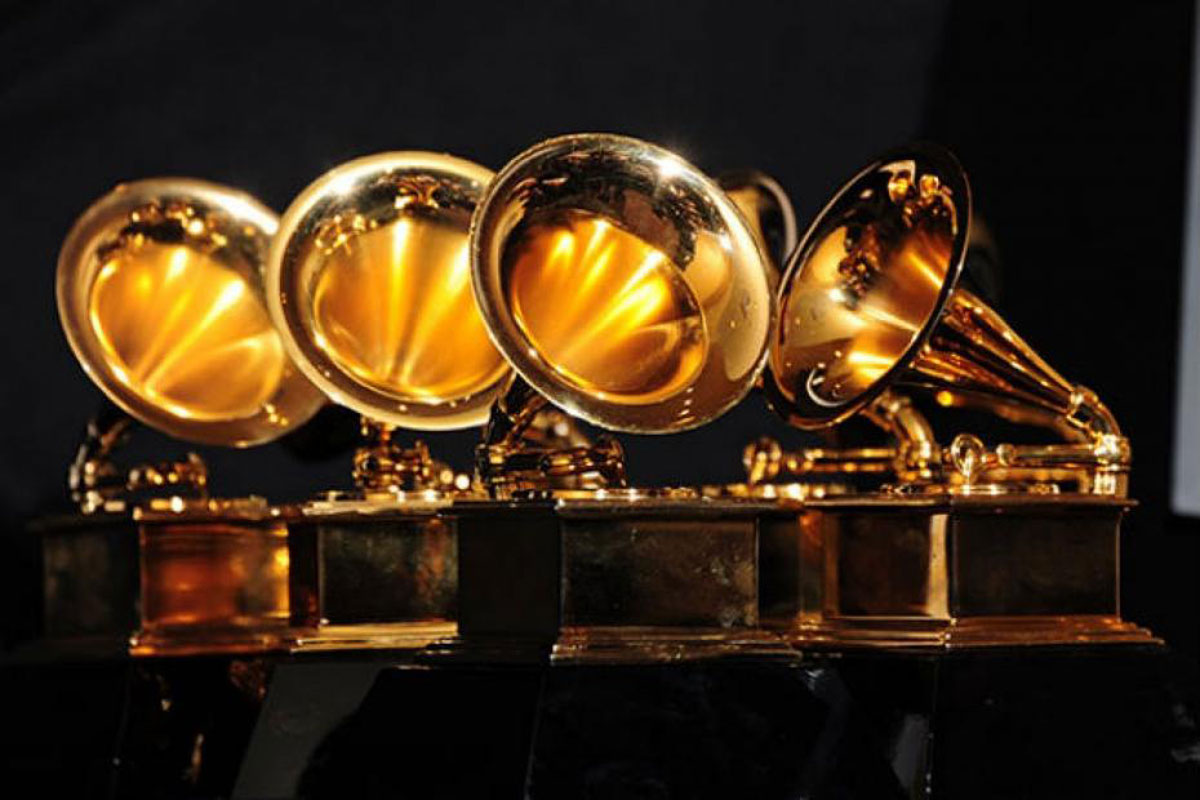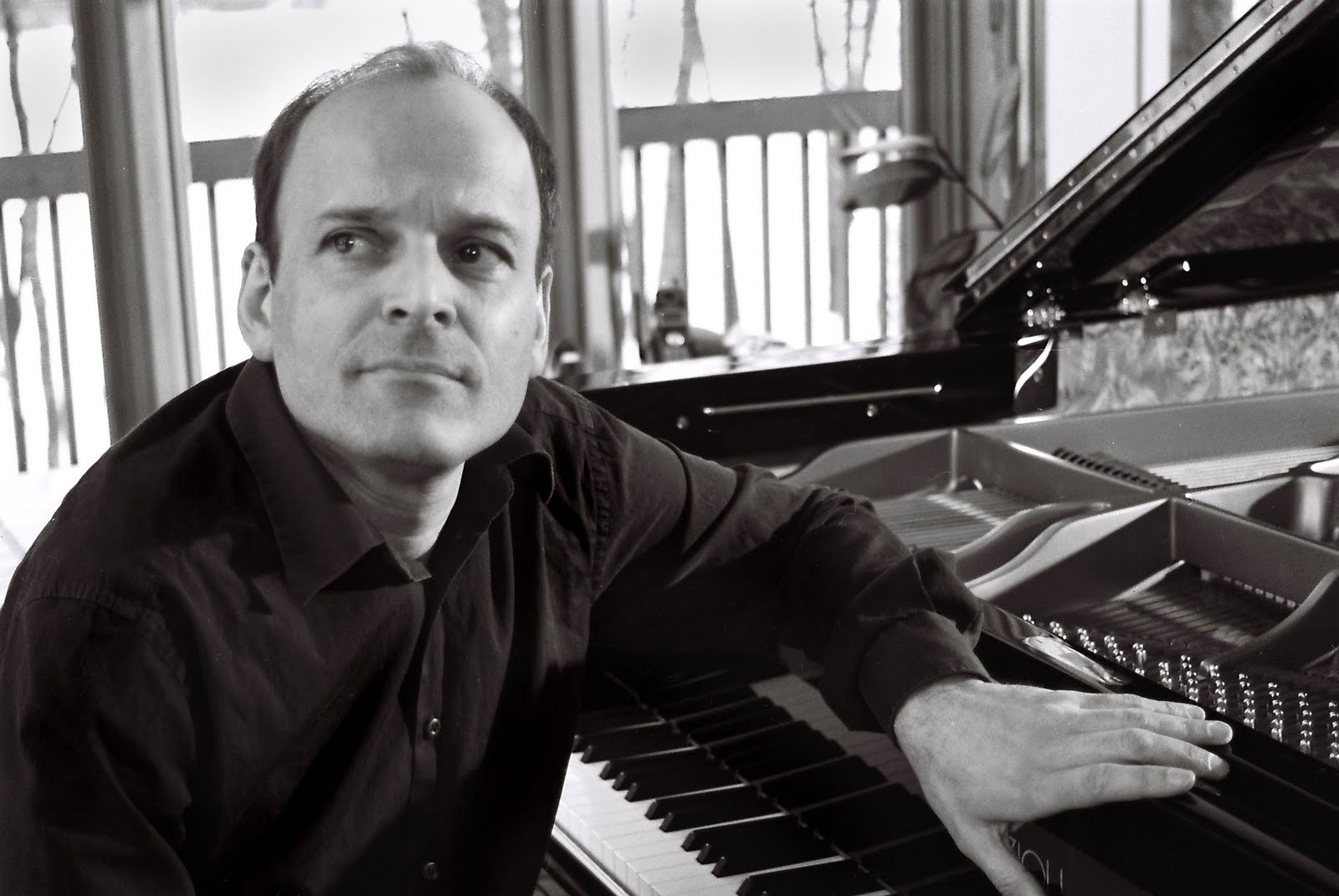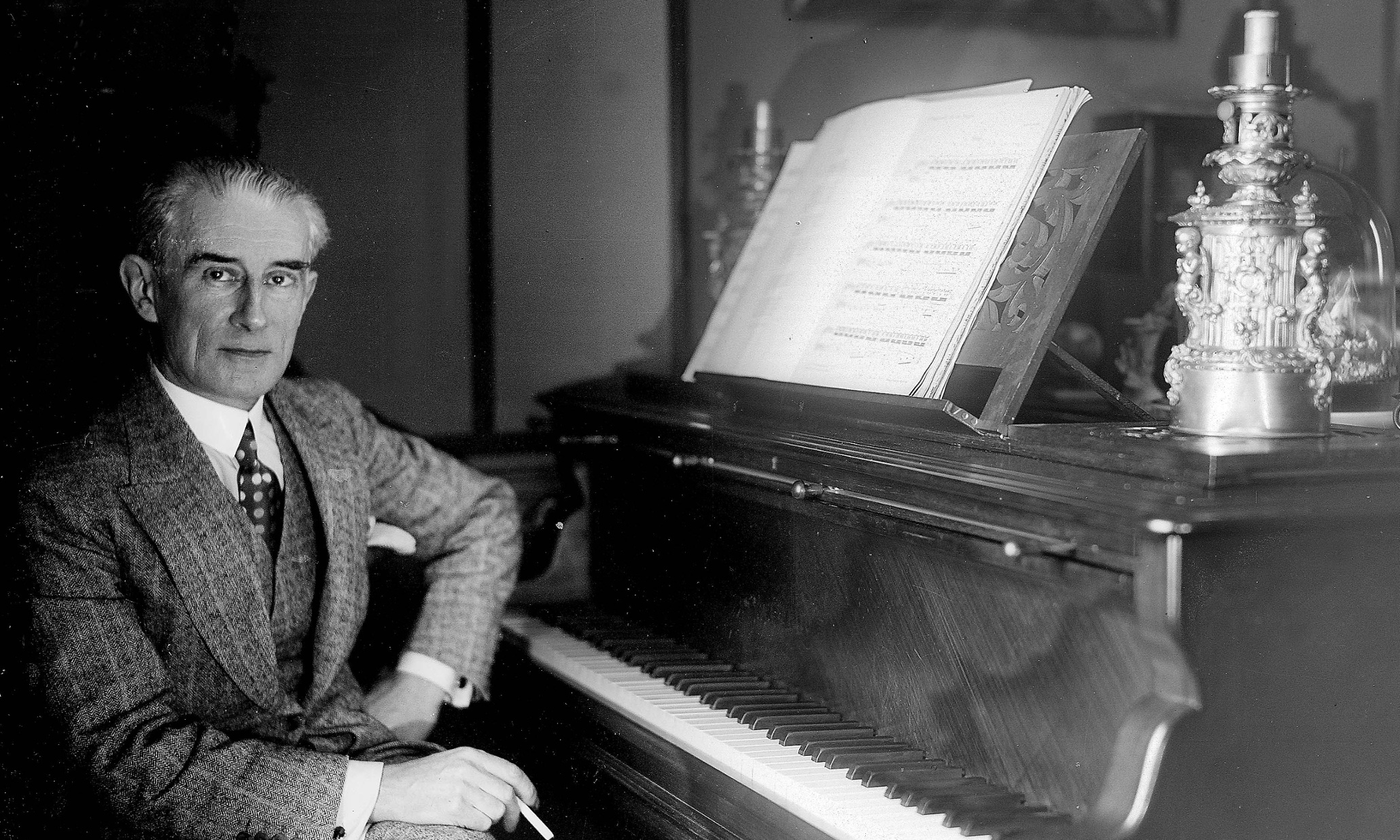Ravel’s Shéhérazade: L’indifférent
Impressionism celebrates the vague and the intangible…the ephemeral play of color and light and the blurring of reality and dreams. That’s the atmosphere that surrounds L’indifférent (“The Indifferent One”), the final movement of Maurice Ravel’s 1903 song cycle, Shéhérazade. The song’s text is from a collection of 100 poems (One Thousand and One Nights) by Ravel’s friend, Tristan Klingsor (pseudonym of Léon Leclère). It tells a vague, seductive story of unrequited passion and infatuation from afar. The poem’s narrator is attracted …




